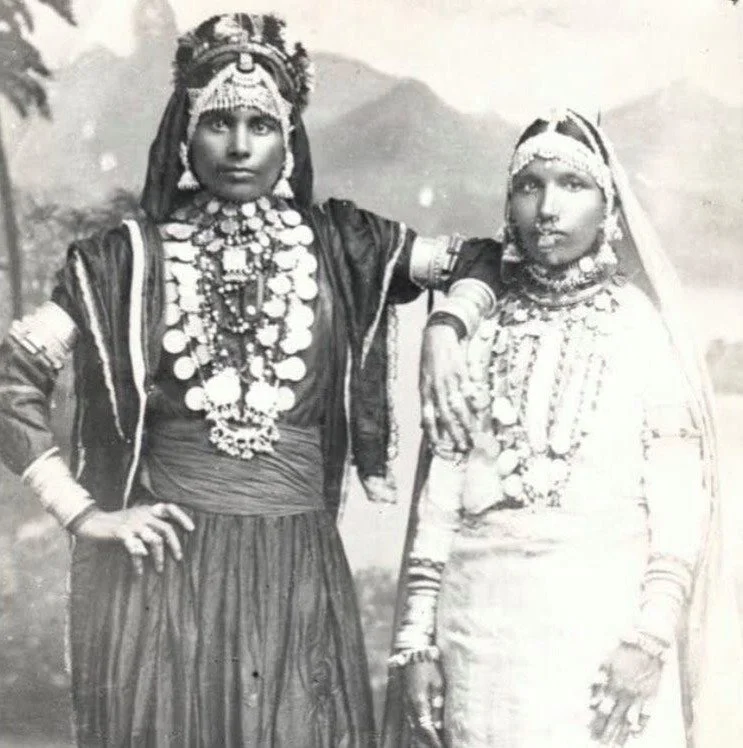1920 labour strike
The 1920 Labour Strike: The Female Horror
"[They] shamed the men again and again into holding out for higher wages and not betraying the cause. They organised themselves into “Strike Committees” and would not let their men surrender. … They used the moral force of openly and publicly disgracing the men, in their own eyes, if they dared to play the coward where women were so brave."
This strike is one of the largest demonstrations of resistance during the indenture era, yet when we look to the archives the acknowledgement of female Girmitiyas as leaders of this strike is a rare sight. The methods of resistance used by female Girmtiya were both covert and overt, covering various tactics of countering the colonial government while ensuring the safety of the community.
One of the most important documents and resistance tactics used during the strike was Sushila’s letter.
Written on 16 January 1920, Sushila’s letter represents the collective voice of the Indian Women’s Imperial Association of Fiji. Sushila highlights that “We as the women who have to keep the home going find it impossible to make both end[s] meet. And we most respectfully submit that the time is fully ripe now for legislation to come to our assistance and fix a minimum living wage (we say five shillings) and enable us to live a decent life.” Sushila’s letter within the wider context of labour reform in Fiji becomes a very important historical document as it shows that Girmit women were aware of this shift into the domestic sphere and were looking to counter it through ensuring that if men were the only paid workers, there would be a set wage for their household.
After Sushila’s letter the biggest riot of the 1920 labour strike was recorded on 11 February. In Toorak, Rahiman—“a woman with a bad reputation” —approached Constable Reay, who was patrolling in the area, and asked what was in his pocket or sleeve.
Reay told Rahiman that he had a baton. Rahiman started to swear in English at the Constable. When Rahiman was told to move she replied, “I’ll stay where I like.” Constable Reay tried to manhandle Rahiman to arrest her. The two fought but Reay was losing, and to a coolie woman at that.
-Undoing History’s Spell on Bad Women: Counter-colonial narratives of the female Girmit role in the 1920 labour strike, Quishile Charan & Esha Pillay
